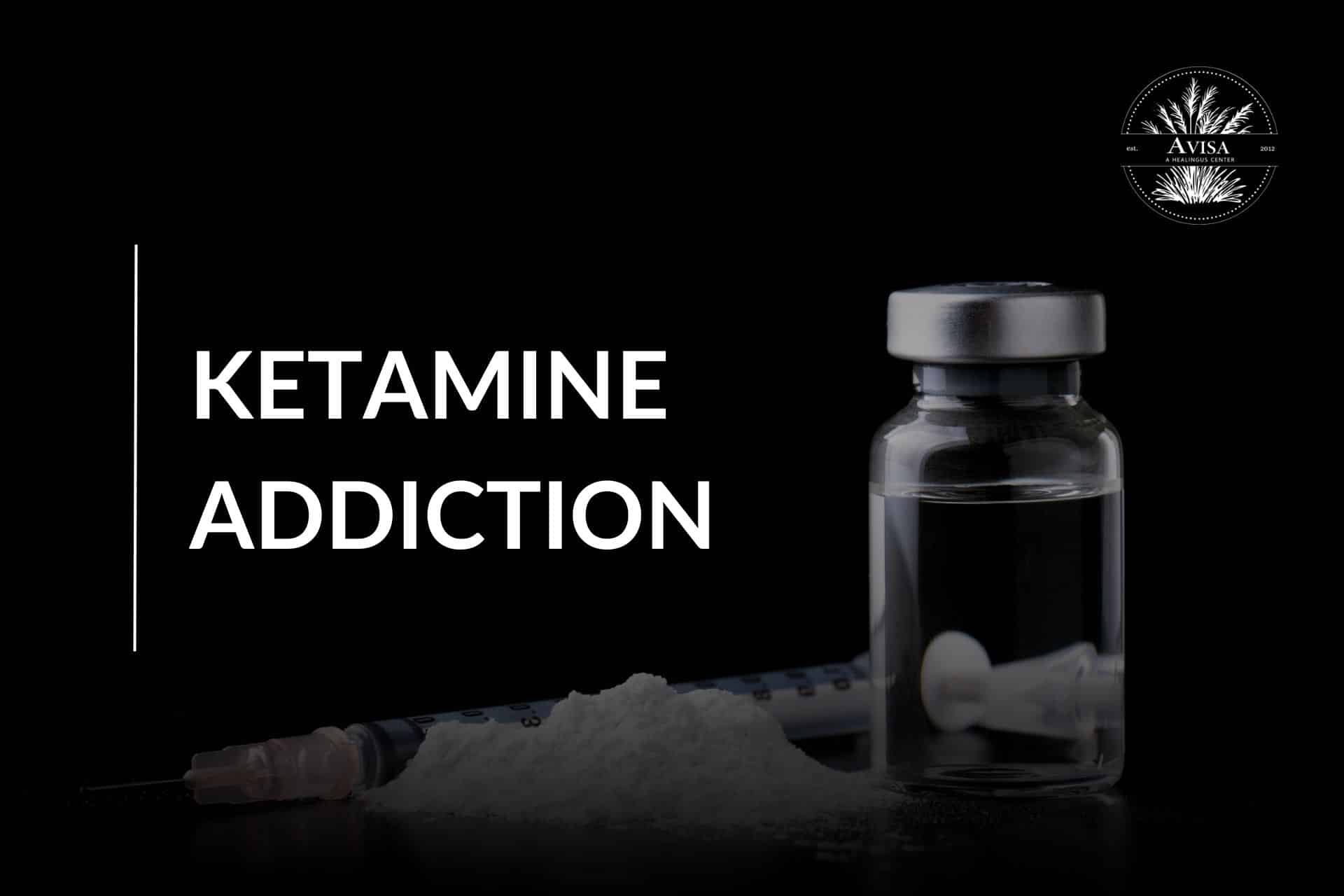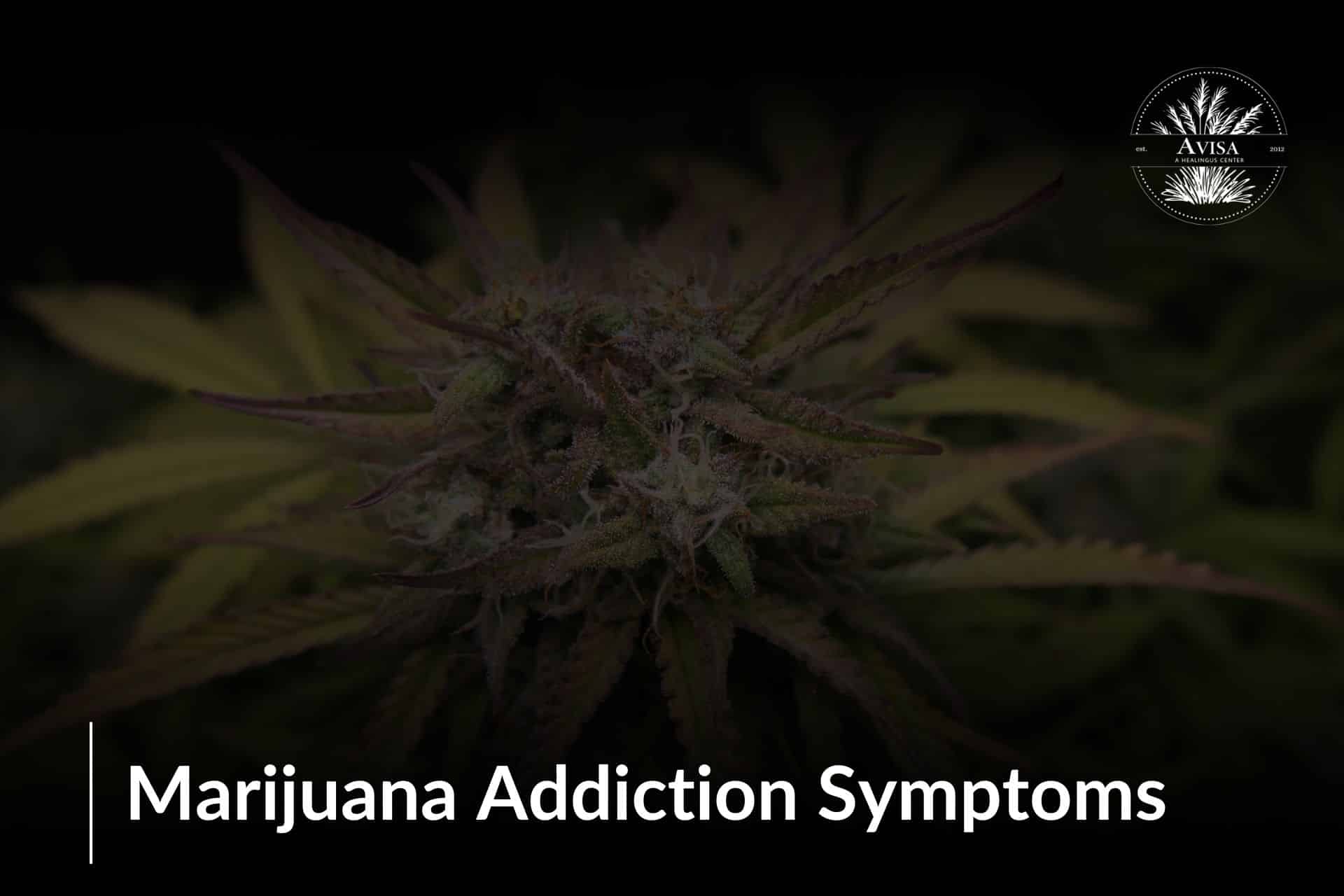Ketamine, often overlooked among the more notorious substances, harbors its dark grip on individuals worldwide. As we get deep into the shadows of addiction, it’s crucial to shine a spotlight on the extensive issue of ketamine abuse. While its presence may be subtle, its impact is profound, affecting countless lives and communities.
Throughout this discourse, we will navigate the intricate terrain of ketamine abuse, exploring its origins, effects, and avenues for treatment. From unraveling the mechanisms of addiction to elucidating the toll it takes on individuals and communities, we’ll embark on a comprehensive journey toward understanding and combating ketamine abuse. Our primary focus will be on ketamine addiction treatment, ensuring we provide insights into effective strategies for overcoming this debilitating addiction.
Understanding Ketamine Addiction Treatment
Ketamine is a dissociative anesthetic that induces a trance-like state, providing pain relief and sedation. It’s used for anesthesia induction and maintenance, especially in emergencies and trauma situations. Additionally, it’s employed as a painkiller and sedative for procedures such as minor surgeries and dental work.
Potential for Ketamine Addiction Treatment and Dependence
Despite its medical benefits, ketamine carries a risk of addiction and dependence, primarily when used outside prescribed parameters. The drug can produce euphoria, dissociation, and hallucinations, leading some individuals to misuse it for recreational purposes. Over time, tolerance and dependence may develop, requiring higher doses to achieve the desired effects and resulting in withdrawal symptoms upon cessation.
Contributing Factors to Ketamine Abuse
- Psychological predispositions, environmental influences, and social pressures contribute to ketamine abuse.
- Individuals with a history of substance abuse, mental health disorders, or trauma may be more susceptible.
- Peer influence, accessibility, and cultural norms also play significant roles in ketamine misuse.
Prevalence and Impact of Ketamine Addiction
- Ketamine abuse is increasing, particularly in recreational settings such as clubs and parties.
- Addiction to ketamine affects social relationships, occupational functioning, and overall well-being.
- Comprehensive interventions, including medical detoxification, behavioral therapy, and ongoing support, are needed to address ketamine addiction effectively.
The Effects of Ketamine Abuse
Ketamine abuse can have both short-term and long-term effects on an individual’s physical and mental health, with prolonged use leading to significant psychological consequences.
Short-Term Effects of Ketamine Use
- Ketamine acts quickly, producing an intense, dissociative state known as a “K-hole,” characterized by hallucinations and a sense of detachment from reality.
- Short-term effects also include sedation, numbness, impaired motor function, and distorted perceptions of time and space.
- Users may experience nausea, vomiting, and dizziness, along with elevated heart rate and blood pressure.
- In some cases, ketamine use can lead to a loss of consciousness or “blackout.”
Long-Term Consequences of Ketamine Abuse
- Chronic ketamine abuse can result in damage to the bladder and urinary tract, leading to symptoms such as pain during urination, frequent urination, and urinary incontinence.
- Long-term use may also impair cognitive function, memory, and decision-making abilities, affecting overall mental acuity and performance.
- Ketamine dependence can develop over time, leading to withdrawal symptoms when attempting to quit, including cravings, anxiety, depression, and insomnia.
- Continued ketamine abuse can contribute to the development of tolerance, requiring higher doses to achieve the desired effects, increasing the risk of overdose and other adverse outcomes.
Psychological Effects of Prolonged Ketamine Use
- Prolonged ketamine abuse can have profound psychological effects, including mood disturbances, anxiety disorders, and psychosis.
- Users may experience symptoms of depression, such as persistent sadness, feelings of hopelessness, and loss of interest in previously enjoyed activities.
- Psychotic symptoms, such as hallucinations, delusions, and disorganized thinking, may occur, particularly with heavy and prolonged ketamine use.
- Ketamine abuse can also exacerbate underlying mental health conditions, such as schizophrenia or bipolar disorder, leading to more severe symptoms and complications.
Ketamine abuse poses significant risks to both physical and mental health, with short-term effects including dissociation and sedation, and long-term consequences ranging from bladder damage to cognitive impairment and psychological distress.
Approaches for Ketamine Addiction Treatment
The need for Ketamine addiction treatment can be effectively addressed through a combination of medical, psychological, and behavioral interventions tailored to meet the individual’s specific needs.
Medical, Psychological, and Behavioral Interventions
- Medical interventions may include detoxification to safely manage withdrawal symptoms and stabilize the individual’s physical condition.
- Psychological interventions, such as cognitive-behavioral therapy (CBT) and motivational interviewing, can help address underlying issues contributing to addiction and develop coping skills to prevent relapse.
- Behavioral interventions focus on modifying addictive behaviors and promoting healthier habits through counseling, education, and support.
Importance of Personalized Ketamine Addiction Treatment Plans
- Personalized treatment plans are essential for addressing the unique challenges and circumstances of each individual struggling with ketamine addiction.
- Treatment providers conduct comprehensive assessments to identify co-occurring mental health disorders, medical conditions, and social factors that may influence the addiction process.
- By tailoring interventions to the individual’s specific needs and preferences, treatment plans can enhance engagement, motivation, and overall treatment outcomes.
Role of Therapy, Support Groups, and Medication-Assisted Treatment
- Therapy, such as individual counseling, group therapy, and family therapy, provides a supportive environment for addressing emotional issues, improving communication, and building a solid support network.
- Support groups, such as Narcotics Anonymous (NA) or SMART Recovery, offer peer support, encouragement, and practical strategies for maintaining sobriety.
- Medication-assisted treatment (MAT), including medications like naltrexone or buprenorphine, may be used to reduce cravings, alleviate withdrawal symptoms, and support long-term recovery.
Emerging Ketamine Addiction Treatment Options
- Research into novel approaches for ketamine addiction treatment is ongoing, with emerging therapies showing promise in targeting specific neurobiological pathways involved in addiction.
- Innovative interventions, such as virtual reality therapy, mindfulness-based interventions, and neurofeedback, offer alternative strategies for addressing cravings, managing stress, and promoting relapse prevention.
- As the field of addiction treatment continues to evolve, individuals with ketamine addiction may benefit from exploring new treatment modalities that align with their goals and preferences.
By addressing the unique needs of each individual and leveraging a combination of therapy, support groups, medication-assisted treatment, and emerging treatment options, individuals struggling with ketamine addiction can achieve lasting recovery and improve their overall quality of life.
Seeking Help and Support
Recognizing Signs of Ketamine Addiction
It’s essential to be aware of the signs indicating ketamine addiction. Understanding these signals can help individuals recognize when they or someone they care about may need assistance.
- Identifying changes in behavior and mood
- Noticing physical symptoms like nausea and vomiting
- Understanding increased tolerance and withdrawal symptoms
- Observing neglect of responsibilities and hobbies
If you notice any of these signs, taking action and seeking help is crucial. Early intervention can make a significant difference in overcoming ketamine addiction.
Importance of Reaching Out for Assistance
Admitting the need for help can be challenging, but it’s a crucial step towards recovery. By reaching out for assistance, individuals can access the support and resources needed to overcome ketamine addiction.
- Recognizing the significance of admitting the issue for recovery
- Seeking support from loved ones or professionals for guidance
- Accessing available treatment and support services for overcoming addiction
Remember, you don’t have to face ketamine addiction treatment alone. Many people and organizations are ready to support you on your journey to recovery.
Addressing Barriers to Seeking Ketamine Addiction Treatment
Various barriers may prevent individuals from seeking treatment for ketamine addiction. Overcoming these obstacles is essential to accessing the help needed for recovery.
- Confronting societal stigma surrounding substance abuse and mental health
- Overcoming fears of judgment or rejection
- Educating on treatment options and overcoming financial constraints
- Raising awareness about the availability of support and treatment services.
By addressing these barriers head-on, individuals can break free from the grip of ketamine addiction and move towards a healthier, more fulfilling life.
Encouraging Proactive Steps Towards Recovery
Taking proactive steps toward recovery is key to overcoming ketamine addiction. Individuals can embark on a journey toward healing and wellness with determination and support.
- Educating oneself on ketamine addiction treatments
- Building a supportive network of understanding individuals
- Seeking professional help from addiction specialists or therapists
- Engaging in therapy, support groups, or medication-assisted treatment programs
Every step taken towards recovery is a victory. Remember to celebrate your progress and stay committed to your journey to a ketamine-free life.
FAQs
Is Ketamine addictive when used for depression?
Ketamine is not typically addictive when used for depression treatment under medical supervision, but misuse can lead to dependence.
What are the long-term effects of Ketamine on the brain?
Long-term ketamine use may cause memory issues, concentration problems, mood changes, and potential structural brain changes.
What are the side effects of Ketamine for depression treatment?
Common side effects include nausea, dizziness, dissociation, changes in blood pressure, and headache.
There is hope for a brighter, ketamine-free future!
Ketamine abuse poses significant challenges to individuals, families, and communities, with far-reaching physical, mental, and social consequences. From the initial allure of its euphoric effects to the devastating toll of addiction, ketamine exerts a powerful grip on those who succumb to its influence. However, there is hope. If you or someone you know is struggling with ketamine addiction treatment, don’t hesitate to seek help. Reach out to Avisa to begin your journey to recovery. Remember, you are not alone. Take the first step towards healing today.











